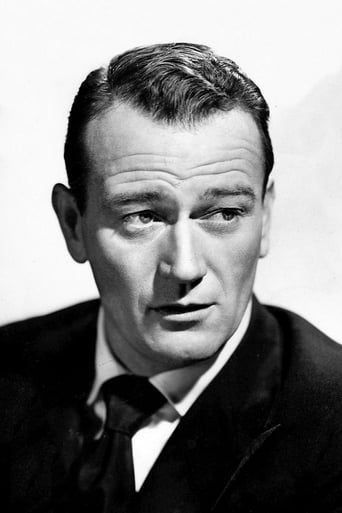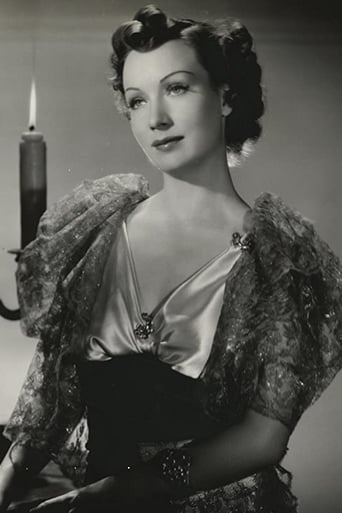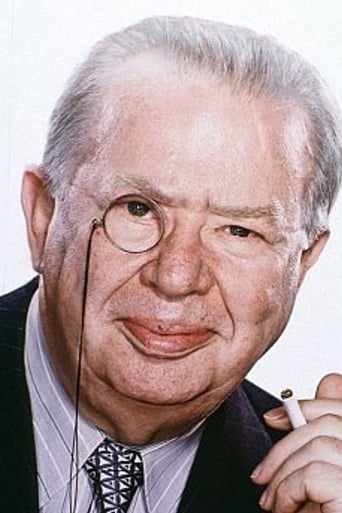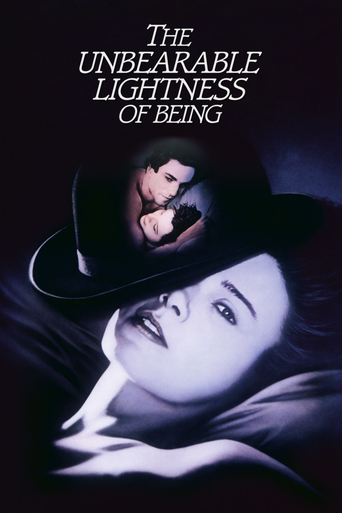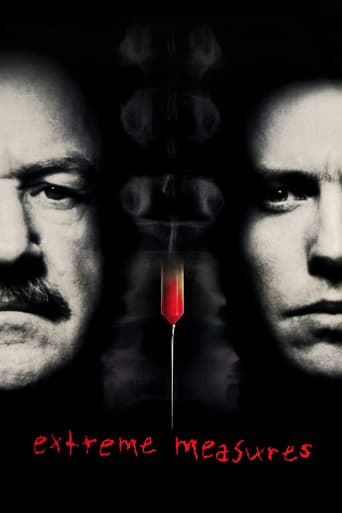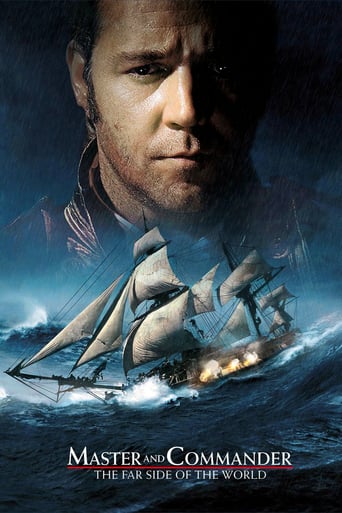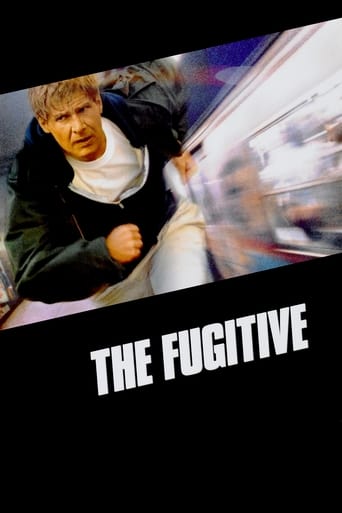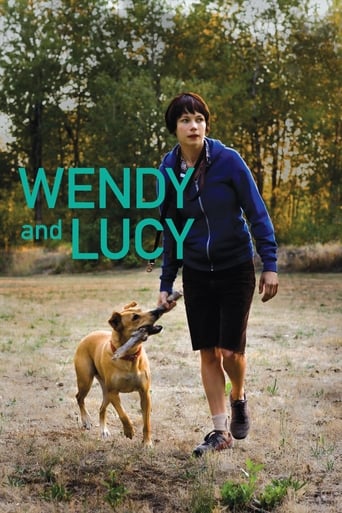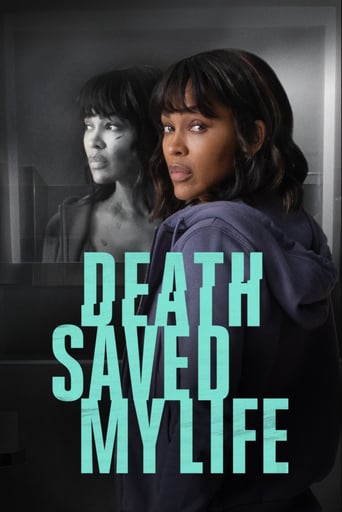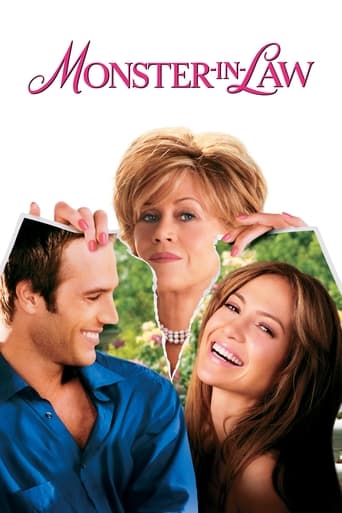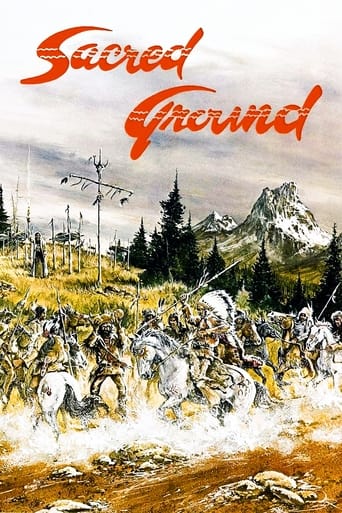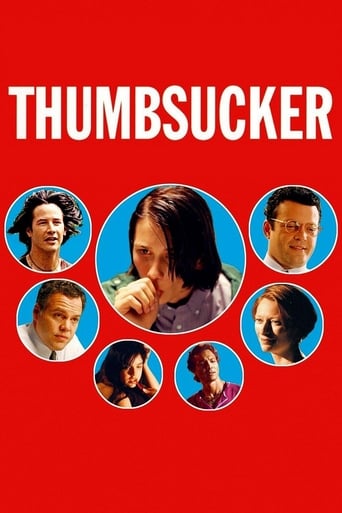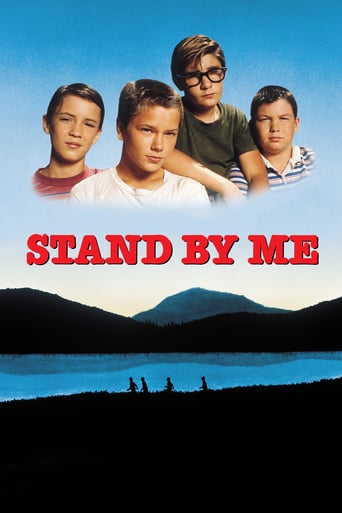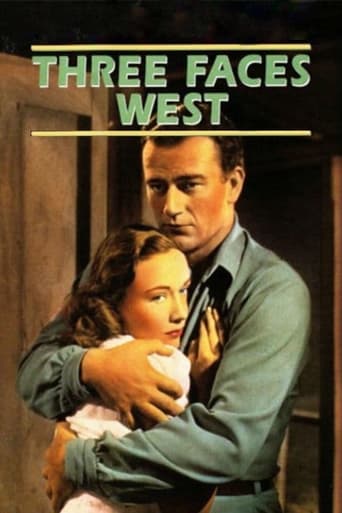
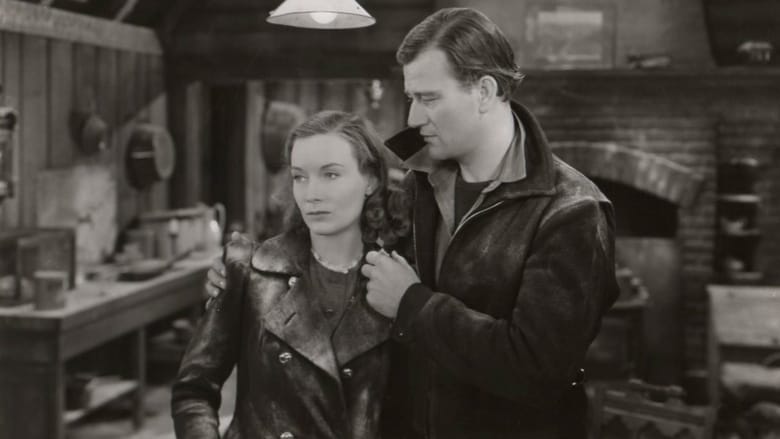
Three Faces West (1940)
Viennese surgeon Dr. Braun and his daughter Leni come to a small town in North Dakota as refugees from Hitler. When the winds of the Dust Bowl threaten the town, John Phillips leads the townsfolk in moving to greener pastures in Oregon. He falls for Leni, but she is betrothed to the man who helped her and her father escape from the Third Reich. She must decide between the two men.
Watch Trailer
Cast


Similar titles
Reviews
Copyright 12 July 1940 by Republic Pictures Corp. New York opening at the Criterion: 18 August 1940. U.S. release: 12 July 1940. U.K. release through British Lion: 11 November 1940. No Australian theatrical release. 9 reels. 79 minutes.SYNOPSIS: Dust Bowl farmers move themselves and their North Dakota township 1,500 miles to Oregon.VIEWER'S GUIDE: Downbeat but inspiring. Suitable for all.COMMENT: John Alton's atmospheric cinematography is the major asset of this odd Americana drama. Although he has close to a characteristic role (a stubborn leader, a man of action and strong principles, yet comradely and romantic), John Wayne is not exactly going to please most of his fans, who are sure to find the setting bizarre. At the time of the film's release, Republic capitalized on Fox's The Grapes of Wrath, but few present-day viewers will make this connection. Another problem is that in order not to be accused of a direct steal from Steinbeck, this film's writers have clouded the central story with a major sub-plot about a refugee doctor, his beautiful daughter and (virtually right at the finish) a former suitor who turns out to be a Nazi. One feels that the story would have come across with more impact had some of these plot strands been eliminated and the Wayne character filled in and backgrounded instead. In fact, the focus of the film is firmly on Coburn for the first half, with Wayne playing a subsidiary role.The location scenes still impress. The dust-storm episodes are unforgettable - even when Alton's striking images are undermined by obvious studio cut-ins. Coburn handles the central role with his usual cunning authority, Sigrid Gurie is charming enough, while Spencer Charters makes the most of one of his biggest roles as Wayne's sidekick and town fixture. Bardette plays a minor villain with grumpy finesse, Russell Simpson over-acts the minister. The rest of the players, including thankfully Sonny Bupp (who I must admit is quite adequate here) have no more than cameos.OTHER VIEWS: Strikingly photographed by John Alton in a tone that is appropriately bleak and gray, Three Faces West is a bit of an entertainment no-no. The script's two stories are imperfectly welded, with audience focus and character motivation changing abruptly. Director Vorhaus is not much help. He's a great fan of close-ups, but does precious little to help the story's pace and drama. What paltry action there is, he seems anxious to get over with as quickly as possible, so that he can get back to more humdrum scenes with foregone-conclusions and lots of beating-about-the-bush dialogue.
This film fits into an odd gap - in John Wayne's career, into the tenor of the times, into the evolution of cinema. But it's highly entertaining, at times visually spectacular, and really a lot better than it has any right to be.The depiction of the Dust Bowl is remarkably strong. There's grit and dust in every shot. Many of the scenes are painted in strong, noir-ish tones. Against this backdrop, we have a solid little story about an Austrian doctor and his daughter finding a new new home. It could have been mere Hollywood fluff, but it all rings quite true. The touch of propaganda you might expect in a wartime production is restrained and palatable, with a positive focus on emotions rather than a negative one on ideologies.All this is abetted by strong performances from the three leads. John Wayne is only about a year along from his breakthrough role in Stagecoach, and proves himself capable of surprising depths. He's as likable here as he's ever been, but also more human. And much more of an acting talent than we might usually give him credit for. This is one of those overlooked Wayne entries, like Island in the Sky, or Hondo, where you can really see how he earned his star billing. Sigrid Gurie is a perfect match. She runs a gamut of emotions, yet remains always appealing.It's true that the second part of the story does cover some of the same historical ground as The Grapes of Wrath. But the two films don't really overlap. We have here a happier outcome, and much more of a small-scale adventure-drama than an allegorical social commentary. Obviously, this film isn't on the same level artistically as John Ford's masterpiece. But it's also far better than the mere B-movie it might have been.If you're a fan of John Wayne, or have any affection for the workmanlike dramas of Hollywood's golden era, this film is going to be a very welcome discovery.
One of the best parts of the picture are some scarce clips of Dust Bowl sequences woven into the picture. The actual location of a mountainous location near Lone Pine, California look nothing like the Great Plains, but you can tell when you see gang plowing by mules, and some other shots shot during the Dust Bowl, that they are the real deal. There is also some confusion when you're told at one point they're in Oklahoma, and in another North Dakota, but it captures at least some of the tough issues faced by the farmers of the Great Plains during the Dust Bowl.Frankly, it is simplistic to see any ONE treatment of these times as definitive. "Letters from the Dust Bowl," "The Worst Hard Times," GRapes of Wrath," etc. are ALL snapshot treatments. Same here. But watch it, take what you can from it, and keep reading and watching as much materials as you can.
An old fashion moral tale with sweetness. John Wayne gives a great performance, and Sigurd Gurie shines as the daughter of a Viennese Surgeon (Charles Coburn). The historical significance of this picture is accurate and compelling, though rather melo-dramatic. Ms Gurie gives a kind and sensitive performance in one of the finest roles of her brief career. The Oklahoma dust bowl is the setting for this early 20th century tale that keeps an eye on several moral issues. It tells the brave tale of poor farmers who were strongly bonded with "good honest sweat", and who face a decision to stick together and head west. Spencer Charters, playing the town veterinarian/comedian gives a fine performance as do many of the players in this one. Well worth a watch.


